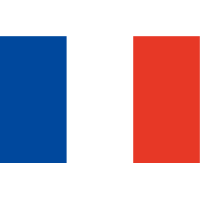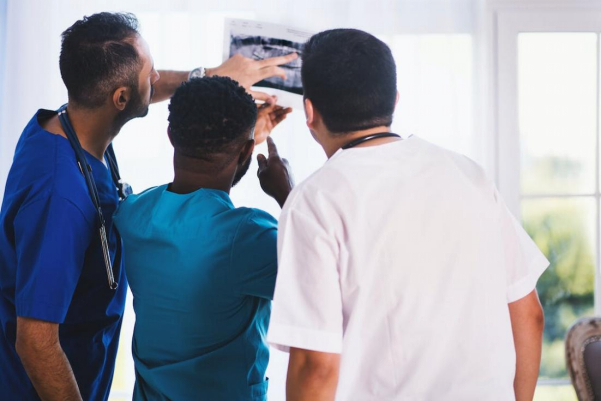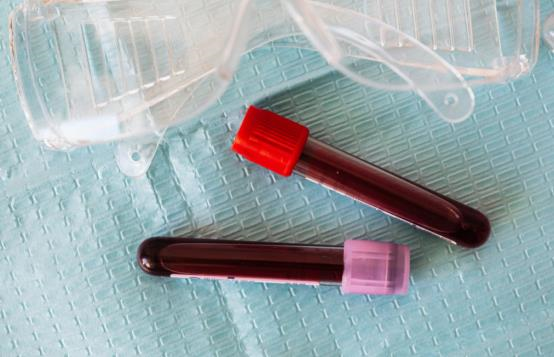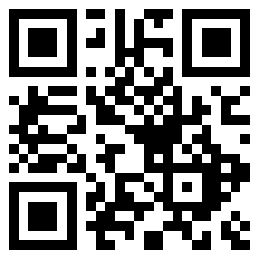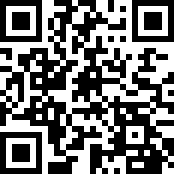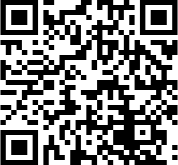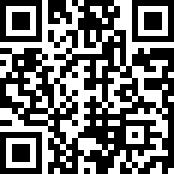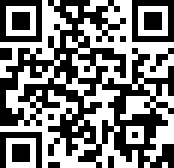RTMD Systems Leading Intelligent Trends in the Medical Industry
Today, the intellectualization of the medical industry has extended its reach to various fields, including intelligent buildings and electromechanical equipment management. The development of medical intelligence utilizing Internet of Things (IoT) technology has also reached a new milestone. The advent of the Internet information age has propelled human society into a new era, in which wireless communication technology has provided a strong technical support for the research and development and application of intelligent medical technology, which has led to the emergence of innovative medical models such as digital health care, telemedicine, and mobile health care, poised to shape the future of the healthcare industry.
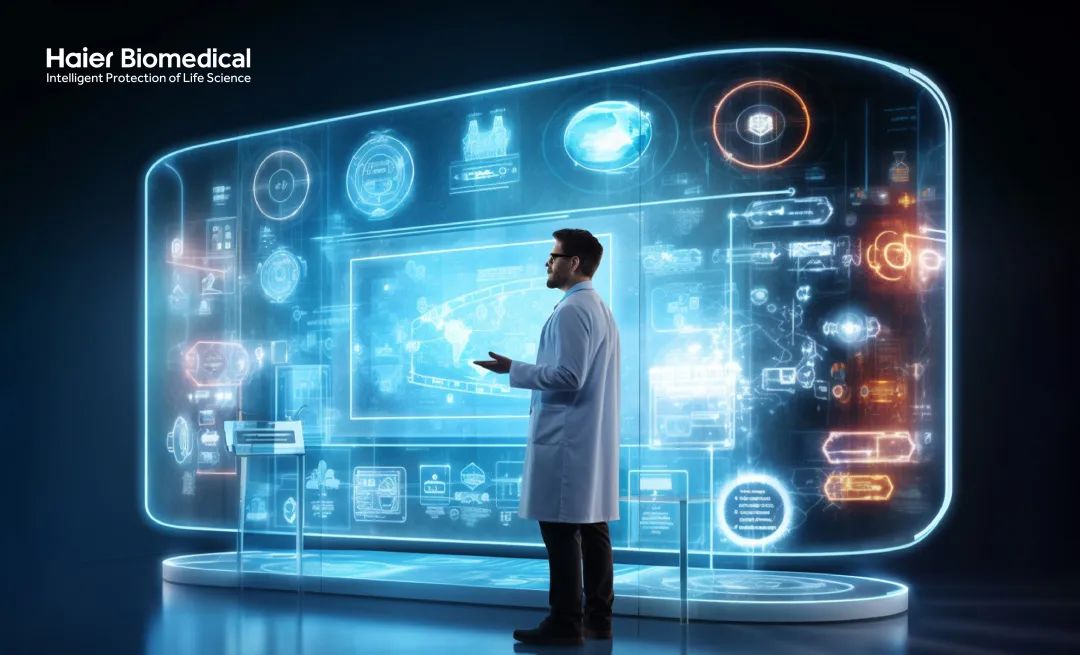
Amidst intense industry competition, medical device companies are actively pursuing advancements in manufacturing automation, intelligent warehousing and logistics, whole-chain traceability, and information management digitization to facilitate their high-quality development in the new business cycle. The transition from automated operation to intelligent upgrading stage is a long-term goal, and the key is the utilization of intelligent equipment and information technology management. At present, there is a growing presence of intelligent equipment and systems in the market, primarily focused on empowering the medical field with intelligence. One notable example is the remote temperature monitoring and detection (RTMD) system, which has gained popularity as a medical intelligent system.
Employing various communication technologies such as GPRS, 4G, and LoRa, Haier Biomedical offers three RTMD equipment, that is, U-COOL, U-COOL-LoRa, and U-COOL Pro, that effectively cater to clients’ requirements for real-time temperature monitoring of cold chain equipment and enable remote monitoring of cold chain equipment operation through electronic devices such as computers and cell phones. The equipment also promptly alerts clients of any temperature abnormalities, door malfunctions, power failures, or other faults that may arise during cold chain equipment operation, and utilizes extensivetemperature data reports to analyze the current condition of the blood. They are suitable for monitoring a wide range of storage facilities, including refrigerators, cold rooms, refrigerated trucks, transport freezers, and liquid nitrogen containers, commonly found in hospitals, disease control centers, blood stations, laboratories, warehouses, pharmacies, machine rooms, and other similar locations.
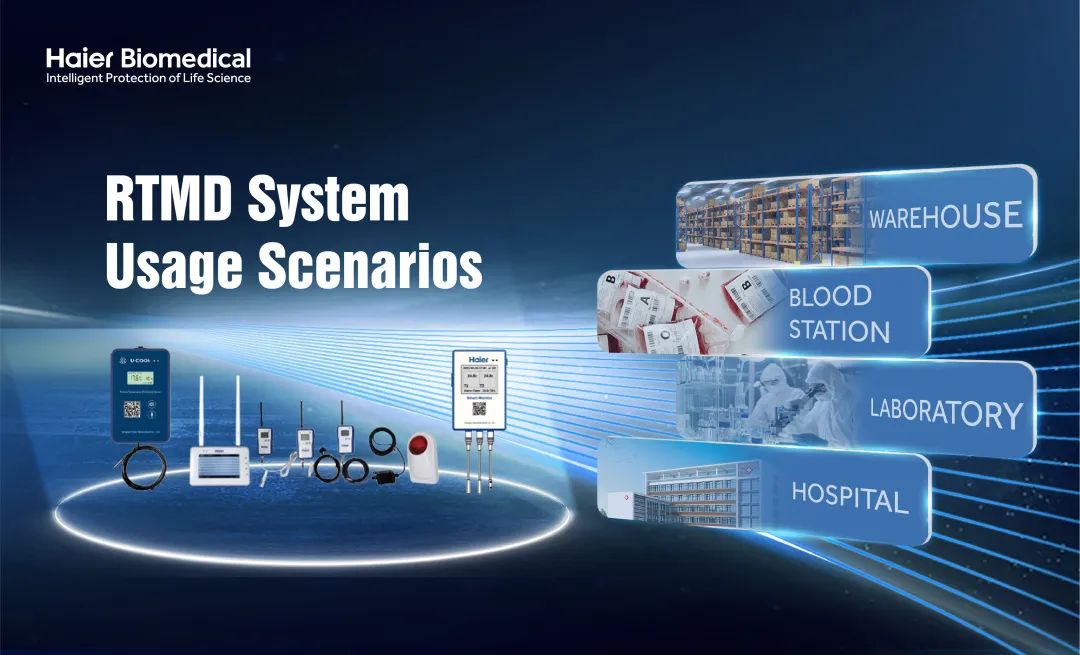
Remote monitoring: Allow users to monitor data remotely through the network terminal and an application on cell phones.
Power failure detection: Upload information to the platform via an external power failure detection probe (LORa).
Door opening and closing detection: Upload information to the platform via 2G/3G/4G network.
Real-time temperature monitoring: Real-time upload of information to the platform via 2G/3G/4G network and external temperature sensors.
Two alarm modes: Buzzer and LED flashing.
Remote Alarm: Offer support for SMS, voice, and email notifications.
Data export: Local storage for up to 60,000 exportable data items in PDF format.
Positioning: Utilize LBS technology that is then uploaded to the monitoring platform via 2G/3G/4G network.
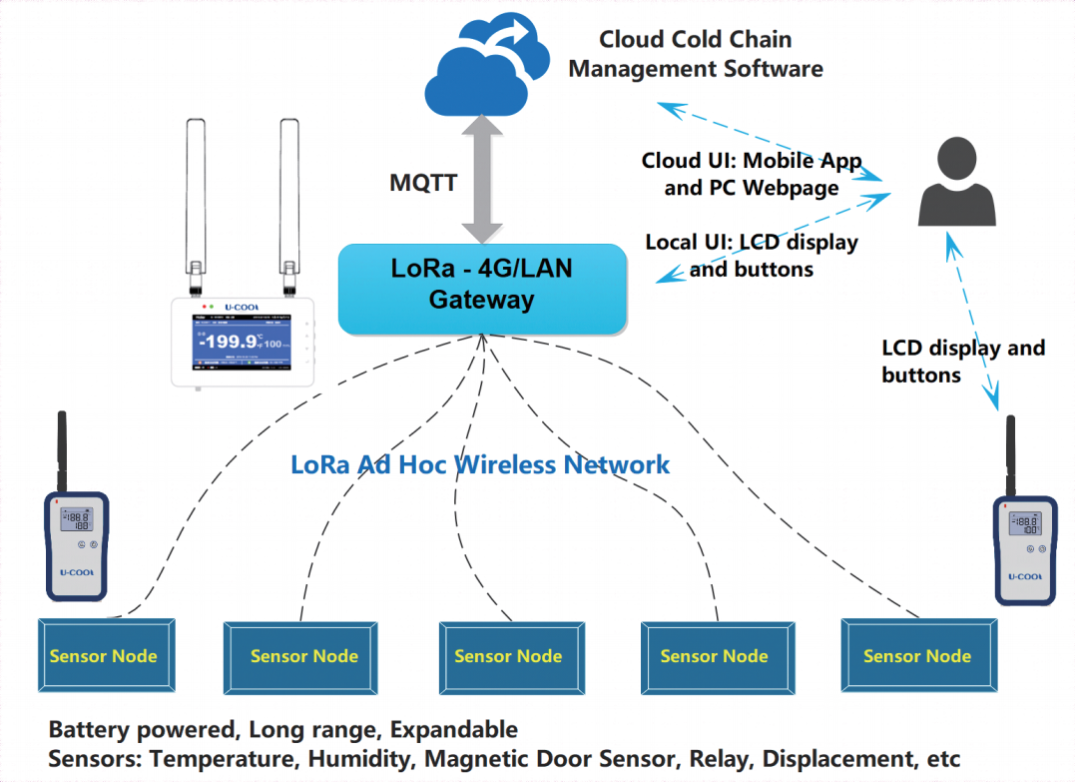
In addition, Haier Biomedical’s RTMD system offers autonomous operation without integration with existing IT infrastructure, thereby comprehensively ensuring the safety of samples within the medical equipment through fast, labor-saving, and secure medical intelligent management, utilizing efficient, accurate, and high-standard intelligent products.
The development of intelligent medical care is an ongoing process that is driven by national policy and the requirements of the times. In the future, Haier Biomedical will continue to invest in the intelligent development for the medical industry, and address user needs by developing products suitable for intelligent medical care, digital medical care, telemedicine, and other emerging medical modes, thereby contributing to the advancement of medical intelligence.














.png)



